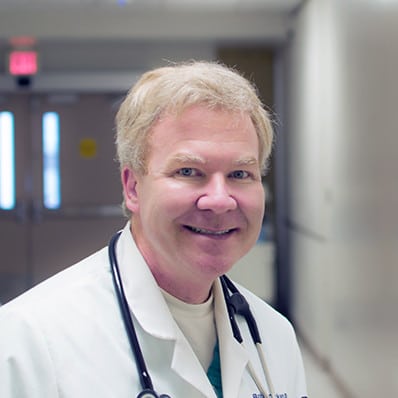Tackling Medical Emergencies: Dr. Robert Corkern’s Advanced Techniques for Critical Care
Tackling Medical Emergencies: Dr. Robert Corkern’s Advanced Techniques for Critical Care
Blog Article

In regards to healthcare, many people usually confuse crisis medicine with internal medicine. Both are critical limbs of medication, nevertheless they function very different roles in patient care. Dr Robert Corkern Mississippi, a famous medical specialist, explains the main element variations between both of these specialties, shedding gentle on their unique stresses and how each plays a role in patient health. Understanding the variation between crisis medication and inner medicine might help patients greater steer their healthcare wants and make educated decisions.
The Concentration of Crisis Medication
Emergency medicine is designed to provide immediate, intense care for patients experiencing urgent or deadly conditions. Disaster physicians perform in hospitals' emergency divisions (EDs), wherever they are the first position of contact for persons encountering severe incidents, shots, heart problems, and other medical emergencies. Dr. Corkern highlights that emergency medication is focused on stabilization and rapid decision-making. Crisis physicians are qualified to deal with a wide variety of medical problems, frequently without having an in depth medical record of the in-patient, and must produce quick judgments based on restricted information.
The principal purpose of crisis medication is to prevent further damage, strengthen the patient, and start the right interventions. From trauma treatment to handling center attacks or strokes, disaster physicians are specialists in managing intense signs and providing life-saving treatments in high-pressure environments.
The Role of Inner Medicine
In contrast, internal medicine focuses on diagnosing and managing persistent disorders and conditions that influence people, such as for instance diabetes, hypertension, and center disease. Central medicine specialists, or internists, assist individuals over a lengthy period, giving comprehensive attention and reduction strategies. Dr. Corkern describes that inner medicine is mainly concerned with the whole-body management of non-emergency medical issues. Internists frequently serve as principal attention medical practioners, handling routine check-ups, managing continuous treatments, and corresponding look after individuals with complex, long-term health issues.
While emergency physicians handle quick concerns, internists take a more holistic and long-term way of individual health. They usually function strongly with specialists in parts like cardiology, pulmonology, and nephrology to manage serious problems and make certain that people obtain matched care for multiple wellness concerns.
Teaching and Approach to Treatment
Dr. Corkern shows the differences in working out necessary for both fields. Emergency medication requires physicians to be equipped for a broad spectrum of conditions that will need rapid, life-saving interventions. Crisis doctors are qualified to handle stress, critical disease, and intense exacerbations of persistent conditions. This teaching involves much focus on intense treatment and sophisticated life-saving procedures, frequently in high-stress environments.
On the other hand, central medication physicians undergo intensive instruction in the reduction, examination, and treatment of serious conditions. They focus on providing long-term care, often handling a patient's medical record and coordinating with other specialists. The internist's method is patient-centered, with a focus on long-term health preservation and disease prevention.
When to Seek Disaster Medication or Internal Medication
Understanding when to seek disaster medication versus internal medication may make most of the huge difference in the pace and type of attention a patient receives. If you're experiencing a medical emergency, such as serious chest suffering, trouble breathing, or sudden lack of consciousness, the er is the proper spot to go. But, for continuing health issues, persistent illness management, or overall health maintenance, an internal medicine consultant is typically the most effective position of contact.
Realization:
Equally emergency medicine and central medicine play crucial roles in individual care, but their approaches, focus places, and instruction differ significantly. Dr Robert Corkern's reason gives understanding on what these specialties purpose and when each is many relevant. By understanding the distinctions, people may greater steer their healthcare wants and guarantee they are seeking the proper kind of care at the proper time. Whether facing an urgent situation or handling a chronic situation, both specialists are essential in maintaining and increasing health.
Report this page